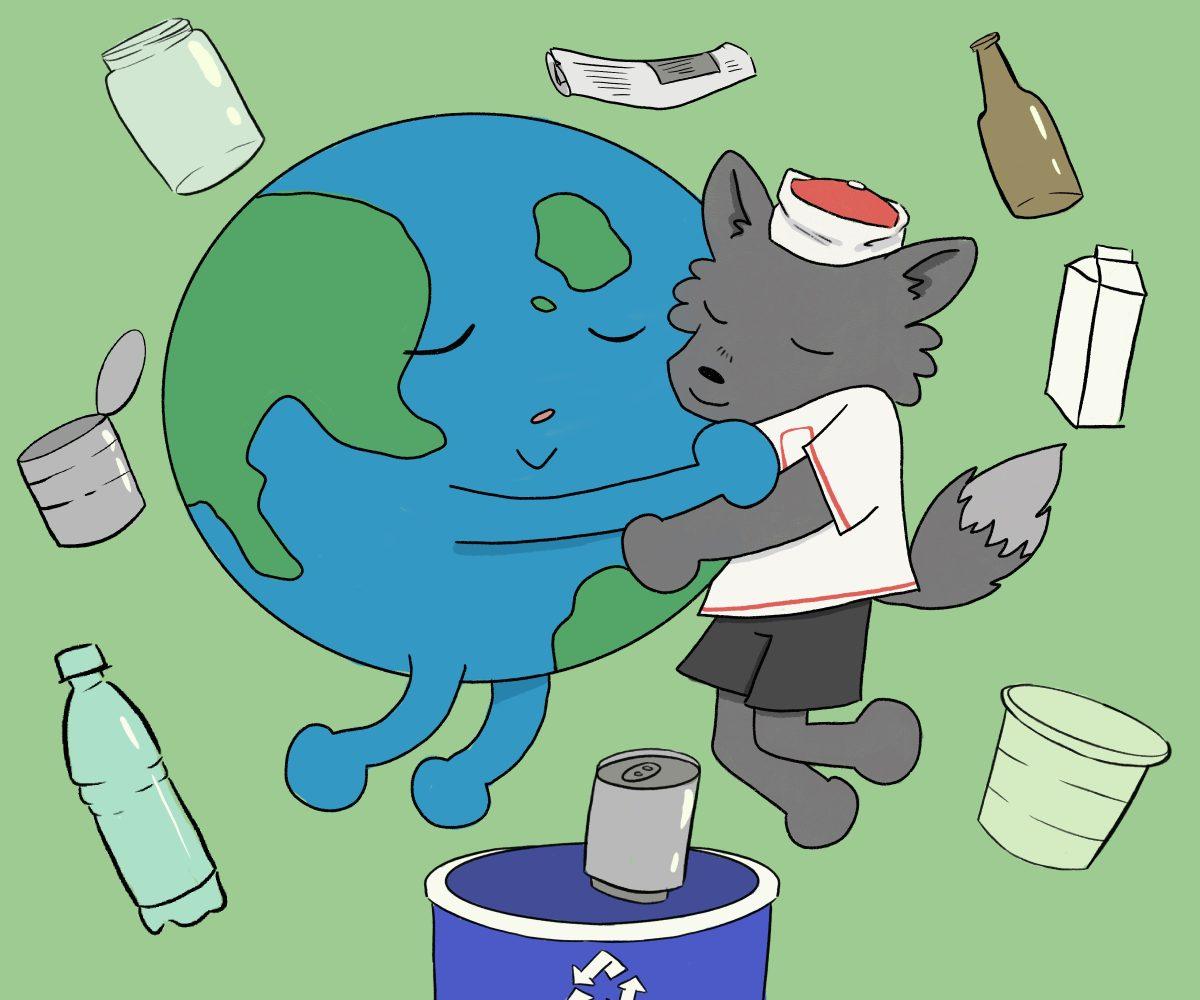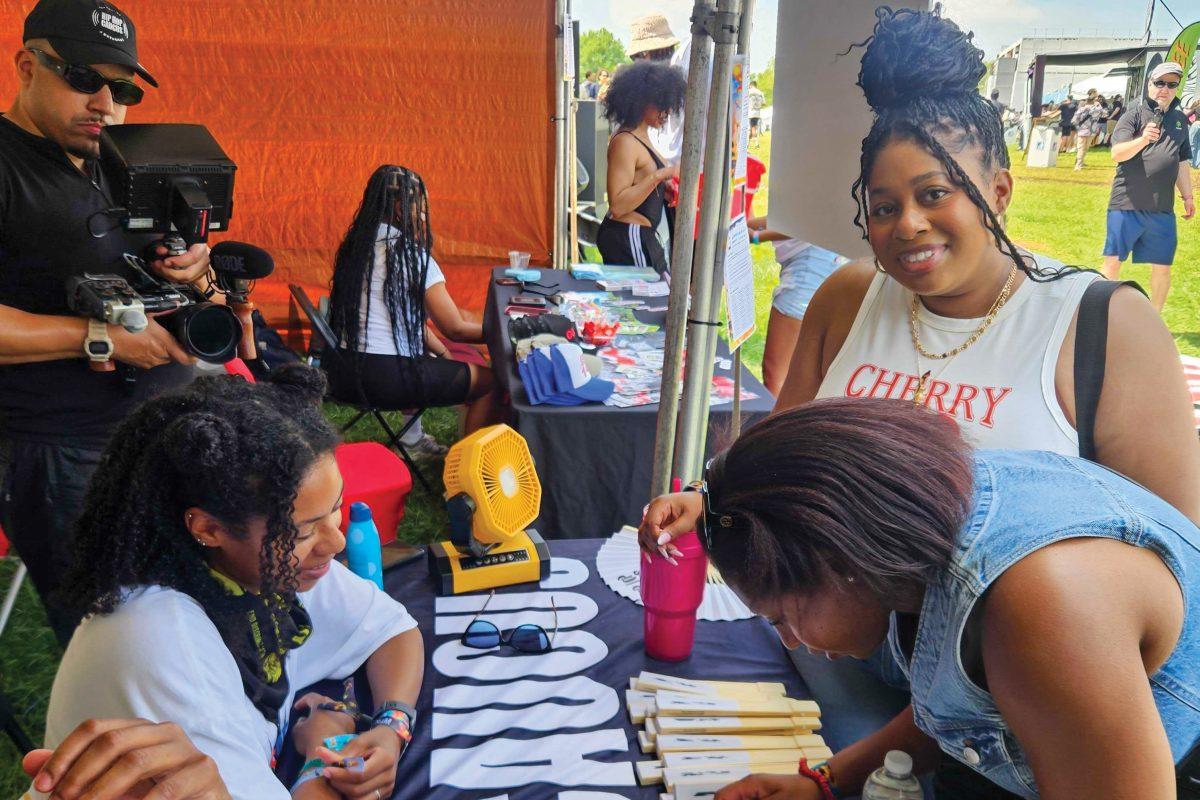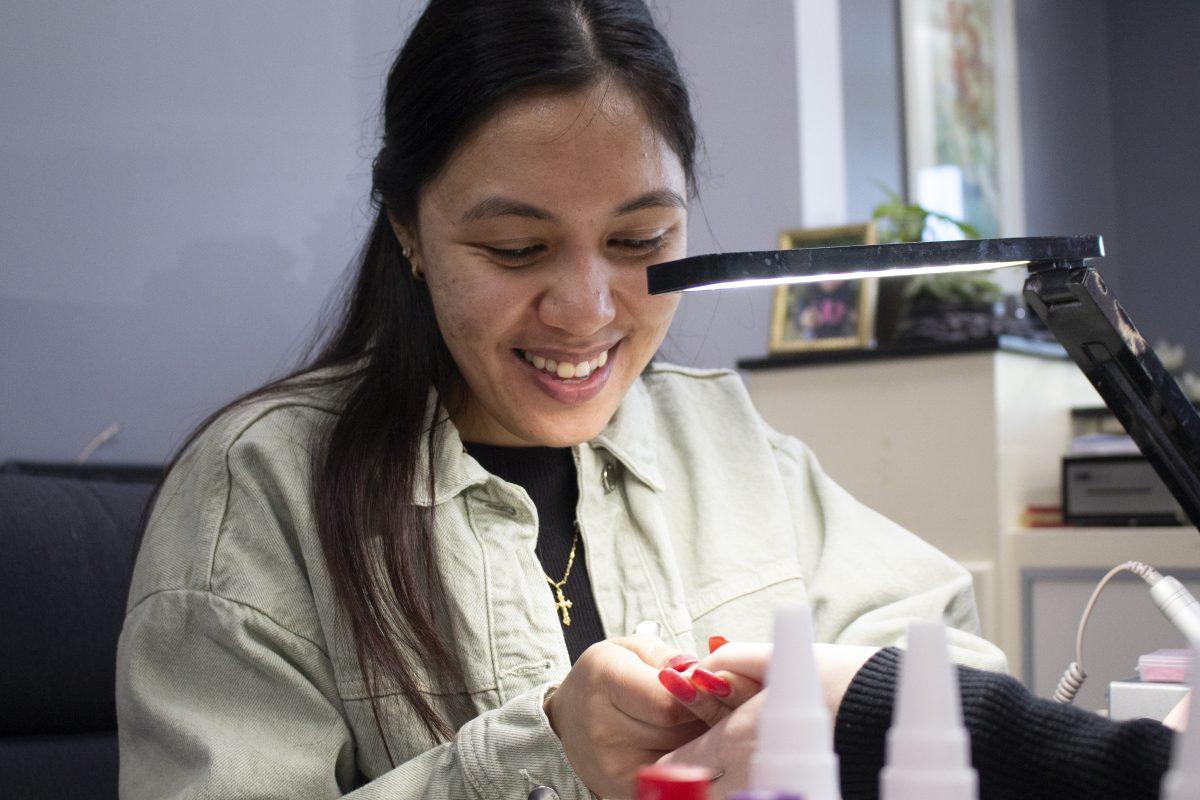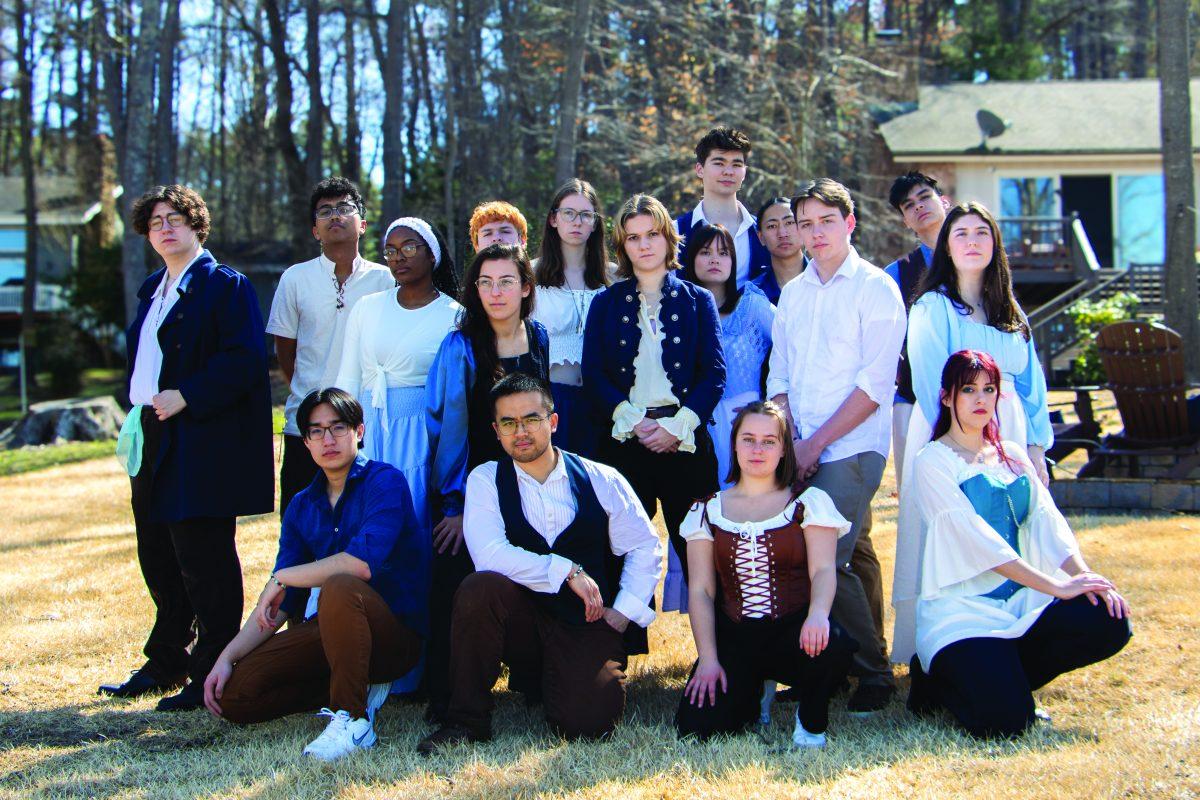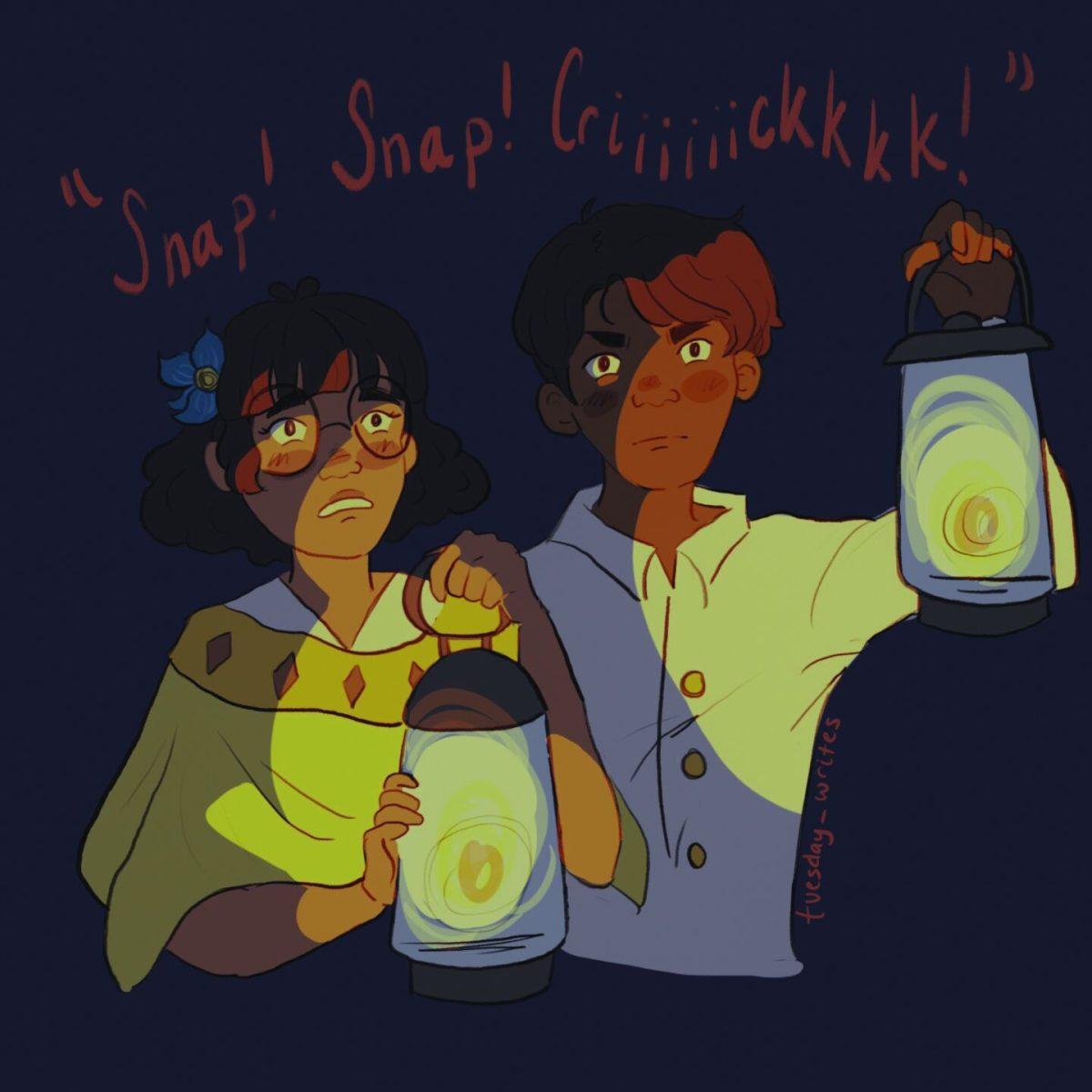The University produced 16,072,000 pounds of waste in the 2021-2022 fiscal year. Of this amount, 7,799,140 pounds of waste went to the landfill, 48.5% of the total amount. Zero Waste Wolves, a student organization on campus, works hard to divert this waste and make NC State more sustainable.
Morgan Starnes, a fourth-year studying environmental technology and management and co-president of Zero Waste Wolves, said the goal of the organization is to educate students about waste management and help make sure less is going to landfills.
“One of the most memorable things I’ve learned in my time here is life cycle analysis, looking at where a product comes from, how it moves through society and then where it ends up,” Starnes said. “Part of what I’ve learned is how to reduce its impact along that whole path because it’s not just like the raw materials and the end of its life.”
Sports events, particularly football, produce a big part of the University’s waste.
“I intern at the football stadium where we collect compost specifically, and we have so much compost,” said Paulina Goping, a second-year studying biological sciences and the chair of education at Zero Waste Wolves. “We collected 800 pounds at the last game, and it’s a really big operation. There’s a whole other crew who does landfill and recycling. An event like football can create so much waste.”
Materials that could be recycled frequently get thrown in the trash, generating a significant amount of waste that could be avoided if put in the correct bin.
“Football games generate a lot of trash, especially recycling material like aluminums and plastics that could easily be recycled without much effort,” said Leo Kaiser-Potter, a third-year studying fisheries, wildlife and conservation biology and the event coordinator for Zero Waste Wolves.
NC State already has a focus on recycling and particularly on compost. The NC State Compost Facility and Research Cooperative can process up to 1,200 tons of organic waste per year.
“One of the things that I love most about NC State is how much access we have to waste reduction resources,” said Manisha Kar, fourth-year studying environmental science and co-president of Zero Waste Wolves. “For most people on this campus, it’ll never be easier to make sure that their waste goes to the right place, especially considering we have our own on-campus composting facility, and a lot of the products, food, takeout, containers and other things are made compostable. It’s never been easier.”
There are multiple reasons why recycling is done wrong or not done at all. Lack of knowledge and education about waste removal are part of this, which is what the student organizations aim to overcome.
“A lot of people don’t really know where to put what, and it’s up to student organizations to figure that out — which can be really hard since there’s an intimidating amount of people who go here — to try and make that impact,” Goping said.
The benefits of recycling far outweigh the small inconvenience of finding the right place to do away with wasted material. Procrastinating the removal of empty cans and old boxes brings these things to a point of being non-reusable, which defeats the whole point of recycling something in the first place.
“People lost faith in recycling, but when it’s done right there’s a huge benefit to it,” Kaiser-Potter said. “Especially in campus life, there’s a little bit of a taboo about disposing of your alcohol. People have a ton of beer cans and boxes and instead of transferring them into recyclable waste, it just sits around until they get dirty and unrecyclable.”
An NC State recycling guide is available online.


